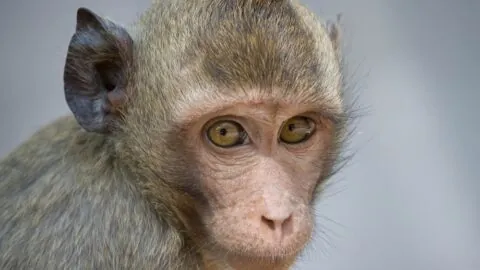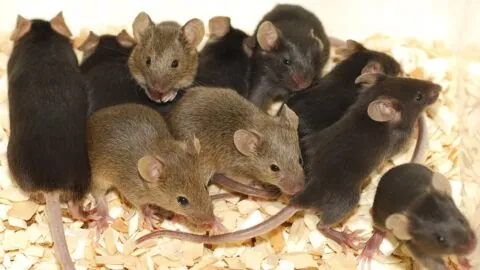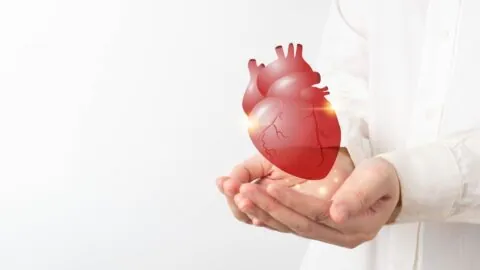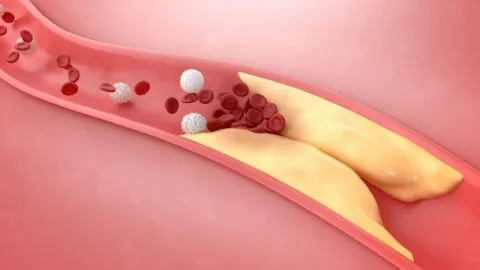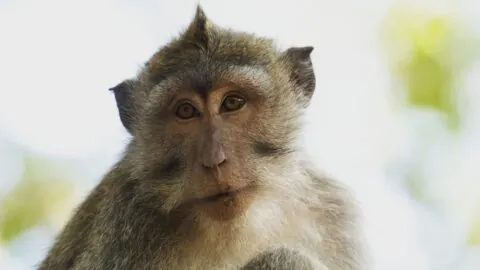May 10, 2024
Scientists have successfully used heart muscle cells created from induced pluripotent stem cells to counter the deleterious effects of heart attack in non-human primates. Reprogrammed cells for heart regeneration Yamanaka Factors - Opportunities for RejuvenationDrs. Takahashi and Yamanaka showed that they could use Oct4, Sox2, Klf4, and c-Myc (OSKM) to reprogram cells back to pluripotent, embryonic...
March 06, 2024
A recent Molecular Metabolism paper dives into the differences between intermittent and chronic rapamycin treatment and its differential impact on male and female mice [1]. The dark side of rapamycin Rapamycin doesn’t need much introduction in the lifespan extension community. This mTOR inhibitor has been shown multiple times to extend lifespan in animal studies. Because...
March 04, 2024
A new publication in iScience has described a novel way in which heart tissue can be encouraged to accept a gene therapy by using ultrasound to create cavitation bubbles. A little-known target and a new delivery vector This paper begins with a discussion of S-adenosylhomocysteine (SAH), a compound that, in excess, is associated with an...
January 30, 2024
A new study suggests that the flavonoid epicatechin, found in chocolate, tea, and berries, provides robust protection against reperfusion injury in myocardial infarction [1]. Reperfusion injury: friendly fire Myocardial infarction (heart attack) is the injury caused by complete or partial cessation of blood flow to a portion of the myocardium, the heart’s muscle tissue. This,...
January 11, 2024
Researchers publishing in Aging have pinpointed a protein that increases after exercise and is associated with a reduced risk of coronary artery disease. The deadliest disease has inflammatory roots Coronary artery disease directly kills more people than anything else in the world [1]. Its causes stem from atherosclerosis, the buildup of arterial plaque. Among its...
October 10, 2023
Working with non-human primates, scientists have discovered that the protein SIRT2, a member of the sirtuin family, might play an important role in slowing cardiac aging [1]. The heart of the matter The heart is arguably the hardest worker among the organs, constantly pumping enormous amounts of blood without ever skipping a beat (well, almost)....

